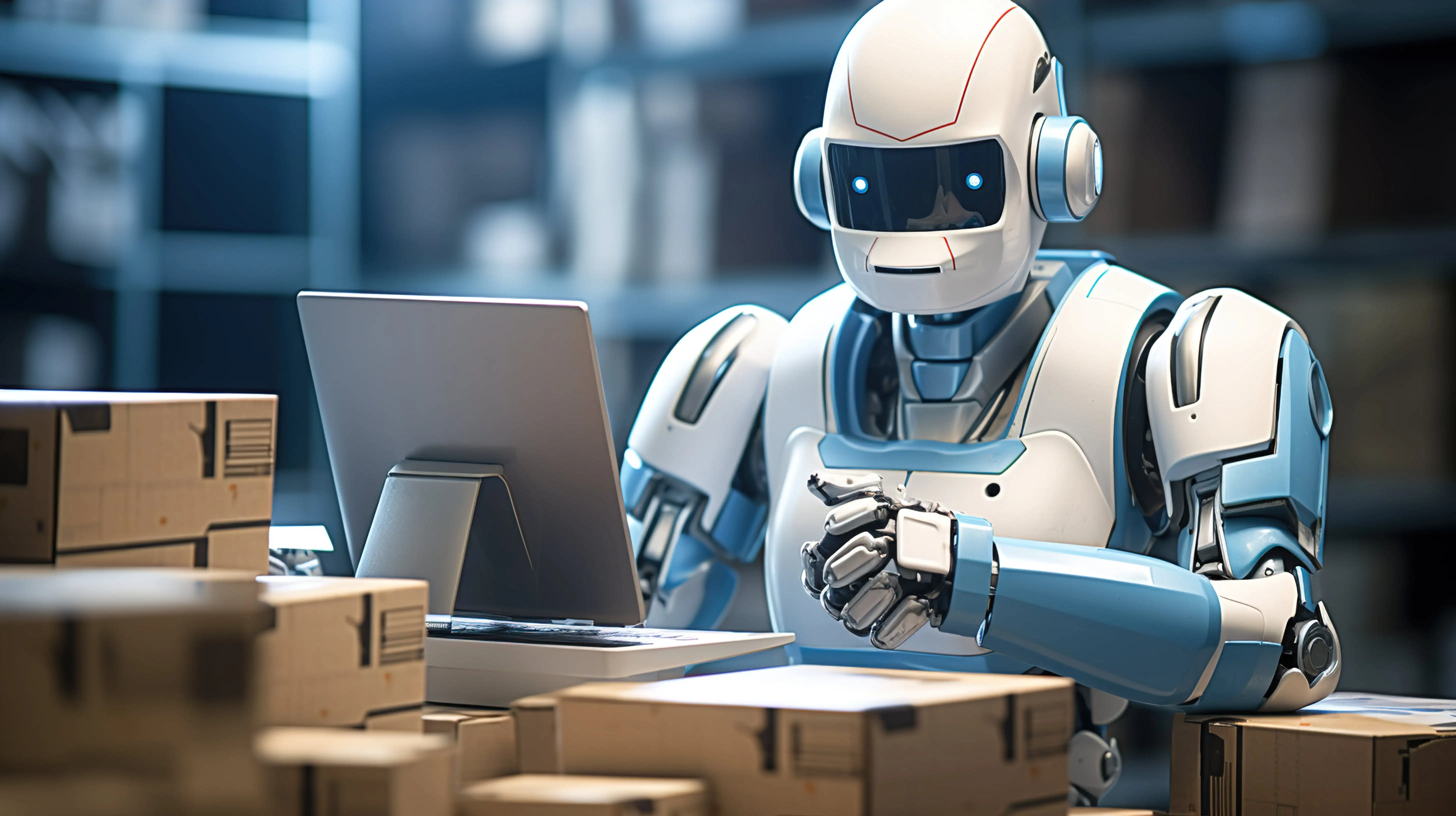Tesla is one of the world's most successful and influential companies today. It has revolutionized the electric car market, created a loyal fan base, and achieved a market cap of over $1 trillion. But how did Tesla achieve such remarkable success? And what can other startups learn from its approach to innovation?
In this blog, we will explore some key factors that contributed to Tesla's success and how they can be applied to any industry. We will also look at some of the latest technology trends in 2023 that can help startups leverage the power of innovation and create value for their customers.
Tesla's success factors
There are many reasons Tesla has succeeded where others have failed. Here are some of the most important ones:
Vision and mission
Tesla has a clear and compelling vision and mission that guides its actions and decisions. Tesla aspires to expedite the global shift to sustainable energy as its vision and mission revolve around establishing the preeminent car company of the 21st century by propelling the world's adoption of electric vehicles. These statements reflect Tesla's passion and purpose and inspire its employees, customers, and partners.

STREAMING NOW: The Future of Sustainability: Digital Carbon Markets
Dive into a dynamic podcast with Ryan to uncover how companies like Tesla embrace eco-conscious initiatives amid a growing carbon credit market.
Do you know
Tesla's carbon credit sales reached a new high of $1.78 billion in 2022 and the company's Q1 2023 revenue from the sales of carbon credits alone was $521 million.
Innovation and differentiation
Tesla is not just a car company; it is an innovation company. Tesla has constantly innovated and differentiated itself from its competitors by creating products and services that are better, faster, and more fun than gasoline cars. Tesla has also pioneered new technologies such as generative AI, the next frontier of AI that can create new content, designs, and solutions. Generative AI can help startups create more intelligent and personalized customer products and services.
Customer focus and loyalty
Tesla has a strong customer focus, and loyalty drives its growth and profitability. Tesla heeds the desires and preferences of its customers, consistently delivering products and services that surpass their expectations. Tesla also engages with its customers through social media, online forums, events, and referrals. Tesla has created a community of loyal fans who advocate for its brand and products.
Talent and culture
Tesla has a talented and diverse team that shares its vision and values. Tesla hires like-minded people who are passionate, creative, and driven to make a difference. Tesla also fosters a culture of innovation, collaboration, empowerment, and learning. At Tesla, employees are encouraged to embrace risk-taking, experiment, extract lessons from failures, and question the existing norms.
Partnerships and acquisitions
Tesla has leveraged strategic partnerships and investments to enhance its capabilities, expand its reach, and diversify its offerings. Tesla has partnered with companies such as Panasonic, Daimler, Toyota, SolarCity, DeepScale, Hibar Systems, SilLion, ATW Automation, Grohmann Engineering, Perbix Machine Company, Riviera Tool LLC, Compass Automation Inc., Redwood Materials Inc., Neuralink Corp., The Boring Company LLC., SpaceX Exploration Technologies Corp., OpenAI LP., These partnerships and acquisitions have helped Tesla access new markets, technologies, resources, and talent.

Technology trends in 2023
In 2023, we witness ongoing progress and advancements in groundbreaking technologies like artificial intelligence, the Internet of Things, virtual and augmented reality (VR/AR), cloud computing, blockchain, and high-speed network protocols such as 5G. These technologies can help startups create more value for their customers by enhancing their products and services, improving their operations and efficiency, increasing their security and transparency, and enabling new business models and opportunities.
Here are some examples of how startups can use these technologies in 2023
AI
Startups can use AI to automate tasks, optimize processes, analyze data, generate insights, personalize experiences, recommend actions, and create new content and solutions. For instance, a startup in the education sector can use AI to create personalized learning paths for students, assess their progress, and provide feedback and guidance.
IoT
Startups can use IoT to connect devices, sensors, and machines to collect data, monitor performance, control operations, and optimize resources. For instance, a startup in the agriculture sector can use IoT to monitor soil conditions, crop health, and weather patterns to improve crop yield and quality.
VR/AR
Startups can use VR/AR to create immersive and interactive experiences for customers, employees, and partners. For instance, a startup in the tourism sector can use VR/AR to offer virtual tours of destinations, attractions, and hotels to attract and engage customers.
Cloud computing
Startups can use cloud computing to access scalable, flexible, and cost-effective computing resources and services on demand. For example, a healthcare startup can leverage cloud computing to enhance patient care and results by storing and analyzing medical records, images, and tests.
Blockchain
Startups can use blockchain to create secure, transparent, and decentralized transactions and records verified by peers. For instance, a startup in the finance sector can use blockchain to offer peer-to-peer lending and payments to customers without intermediaries.
5G
Startups can use 5G to enable faster, more reliable, and more responsive wireless connectivity for devices, applications, and services. For instance, a startup in the transportation sector can use 5G to support autonomous vehicles and smart traffic management to improve safety and efficiency.
Conclusion
Tesla is an excellent example of how startups can innovate and succeed in any industry by having a clear vision, creating differentiated products and services, focusing on customers, attracting and retaining talent, and leveraging partnerships and acquisitions. Startups can also take advantage of the latest technology trends in 2023 to create more value for their customers and stakeholders. For instance, Elon Musk's new artificial intelligence company, xAI, is at the forefront of AI innovation and is pushing the boundaries of what is possible with this technology. By thinking like Tesla and staying ahead of the technological curve, startups can achieve remarkable success and impact in the 21st century.


_11zon_11zon.webp)

%20performix.webp)